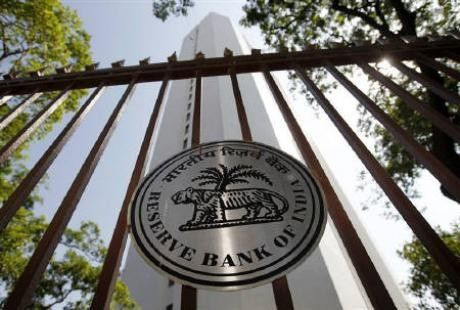Rupee Fall Hurts Indian Central Bank’s Ability To Cut Rates, Spur Failing Growth

The Indian rupee, or INR, extended its slide against the U.S. dollar on Tuesday to hit a new all-time low of 58.95, diminishing chances of an interest rate cut by the country's central bank at its policy meeting on June 17.
The INR plunged 1.84 percent on Monday, its worst single-day fall since September 2011 to close at 58.14 to the dollar. On Tuesday morning, the rupee resumed its slide and was trading at a record low of 58.95, down 1.23 percent from the previous day's close, in mid-morning. The previous all-time low for the currency was in June 2012 when it touched 57.32.
“Currency stability has become a new worry,” Rajeev Malik, an economist at CLSA Asia-Pacific Markets in Singapore, told Bloomberg. “A rate cut is unlikely to do much in reviving growth, but it will renew the pressure on the rupee to weaken further.”
A strong dollar, backed by more stable growth prospects in the U.S. and speculation that the Federal Reserve might phase out its bond-buying program, continues to put pressure on emerging market currencies.
The sharp fall in the rupee can be traced back to India's widening current account deficit and also to broader factors such as a drop in investor confidence about the country's future growth, which has been plagued by a lack of reforms, scandals and political instability.
India's economy grew at an annual rate of 5 percent in the 2012-13 fiscal year, its slowest pace in a decade, despite the RBI reducing its key policy rate by 125 basis points since April 2012 to boost growth in Asia’s third largest economy.
According to RBI estimates, a 10 percent fall in the rupee will add 60 basis points in the short term to headline inflation, which the central bank has struggled hard to control over the past few years. The slowing Wholesale Price Index, or WPI, was at a 41-month low in April.
“The sharp and sustained weakening of the rupee will make it difficult for RBI to cut rates in June. It complicates near-term macro management — pushing up inflation, increasing fuel subsidies, and putting pressure on unhedged corporate balance sheets,” Sajjid Chinoy, an economist at JPMorgan India, told the Business Standard newspaper.
The BSE Sensex, India's benchmark stock index, was down 1.26 percent in early afternoon trade.
The central bank, which has walked a tightrope in past months trying to bring down inflation while spurring growth, has cut the benchmark lending rate by a combined 75 basis points in its last three policy reviews in January, March and May 2013.
However, under the current circumstances, further easing is unlikely at the RBI's next policy review on June 17, according to a Bloomberg News survey, where 10 out of 18 analysts expect no change in the benchmark repo rate, while the rest expect a 25-basis-point cut to 7 percent.
© Copyright IBTimes 2024. All rights reserved.





















